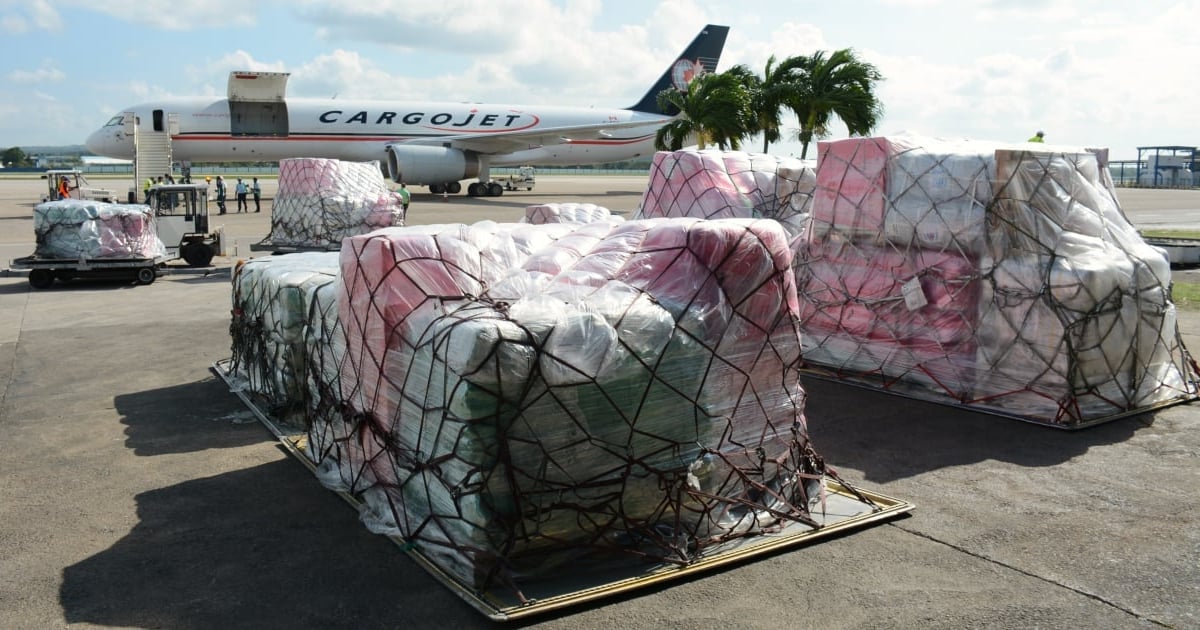Over the past month, Cuba has been hit hard by a series of calamities, including two cyclones, two significant earthquakes, and two widespread blackouts. These events have further worsened the island's already dire economic, food, and energy crises. In response, a wave of international humanitarian aid has begun to pour in from various corners of the globe, as reported by the agency EFE.
Countries such as Mexico, Japan, Russia, and Venezuela, along with multilateral organizations and NGOs, have announced substantial donations to meet the most pressing needs of the Cuban people, who are teetering on the brink of despair, with some communities enduring up to 11 days without electricity.
The European Union and United Nations have dispatched 94 tons of medicines and medical supplies, while Venezuela has pledged 300 tons of aid. Spain contributed nine tons, Japan provided materials valued at $160,000, and Norway channeled $600,000 through the UN's Central Emergency Response Fund. Additionally, Slovakia sent 40 tons of powdered milk via the World Food Program.
International Aid and Energy Support
Meanwhile, China extended humanitarian assistance and sent Liu Junfeng, vice president of the China International Development Cooperation Agency (CIDCA), to meet with Cuban leader Miguel Díaz-Canel and other officials. Among NGOs, the International Red Cross stood out with 24 tons of aid, and solidarity groups abroad have made significant contributions.
Given the severity of the blackouts, several countries have included energy supplies in their donations. Mexico, led by President Claudia Sheinbaum, shipped 400,000 barrels of crude oil, while Russia committed 80,000 tons of diesel and equipment for Cuba's electrical system valued at $62 million. China also pledged to cooperate in the energy and food sectors, according to official statements following the CIDCA vice president's visit.
Chronic Issues Worsened by Disasters
Experts consulted by EFE agree that these natural disasters and power outages have intensified long-standing structural problems on the island. In addition to the recent catastrophes, Cuba is grappling with a mix of adverse factors, including the pandemic's impact, external sanctions, and the fallout from its frequently ineffective economic policies.
Amid this turmoil, the Cuban government is projecting another contraction in GDP, following a 1.9% decline in 2023. Within this context, there have been rising complaints from families who report enduring weeks of blackouts, lacking access to food, and without potable water.
